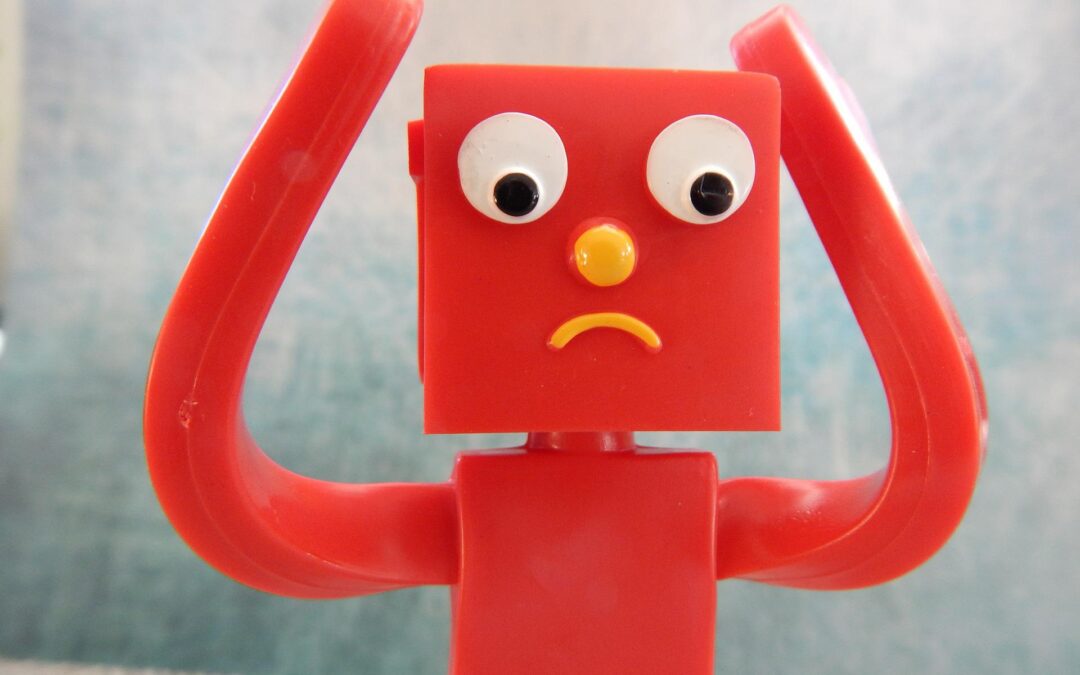Self-awareness is hard. My work with people requires loads of it; a real willingness to dig in and question themselves and think about all the implications of how they are behaving and getting things done. I have such consistent respect, even awe, as I do this work with people because I know it’s all too easy not to do it.
No doubt we all know how easy, and often necessary it is to avoid self-examination by turning to activity, attending to our basic needs, making and checking off our to-do lists, scrolling, clicking, purchasing, etc.
Socrates believed, “the un-examined life is not worth living.” It seems clear, especially given that he stated this in service of the philosophy that led to his execution, that he also believed the examined life is not easy.
Emotional intelligence, which we know to be a vital success factor, requires awareness of self, awareness of others and an ability to flex our own behaviors so we can be more effective. This only happens when we are willing to reflect beyond our intentions, beyond accomplishing what is expected of us, and consider the how we are doing it. (And often the why.)
Our behaviors, the way we go about saying and doing things, determine how people experience us. There are hundreds of opportunities to tweak those behaviors, hundreds of decisions to be made about how we could and whether we should do something a little differently and then, whether or not we want too. Exhausting!
It’s no wonder we sometimes choose not to do this work. We can’t spend our lives ruminating and/or obsessing over every little thing we do and if there’s a better way to do it. There are plenty of situations where the healthiest thing is to keep going and not worry ourselves with what other people think or feel about us. There’s a world of anxiety awaiting us if we overthink what every person we encounter (or who scrolls through our Instagram feed) thinks of us.
The on-going challenge then is to find a healthy balance in the work we need to do for self-awareness and emotional intelligence. How do we live the examined life without driving ourselves crazy? When I’m awake in the middle of the night re-playing a session I’ve facilitated, considering all the things I could/should have done differently, I know I’m doing the un-healthy version of self-awareness. To acknowledge there are things I could have done better or re-consider someone else’s intentions—this is a good practice. But, if I’m doing this in the middle of the night when the anxious part of my brain looks for things to worry about, the practice has gone awry.
Making time to do this intentional reflection, to sit and think about what I might have done differently, takes discipline and sometimes grit. But when I do it, the more painful version of these thoughts are less likely to sneak up on me later. It’s easier to accept shortcomings, assess doubts, and decide on a course of action when I create the space for such considerations.
Being able to accept we sometimes get it wrong and could do things better or differently is of course foundational to our own growth and development. It’s also foundational to our ability to work with each other and to build healthy cultures. Navigating change, facing new challenges, accepting hard truths –all require the ability to own our role, for better or worse, in every dynamic, relationship, or system we are part of.
Finding a healthy way to examine our choices and actions and to accept where we have control and responsibility is a habit worthy of nurturing. A good relationship with our own complexity and imperfection will give us the strength to resist tempting, simplistic narratives about why things feel bad or went wrong. It will prevent our susceptibility to the idea that some group of others is at fault for our problems. It will give us more options for how to interpret information. It will help us to build trust and make us more accepting of the inevitable shortcomings of others.
As I watch people do this work of living the examined life, of building awareness of their idiosyncrasies, intentions, and impacts, I recognize over and again the courage it requires of us. I recognize also that this work is essential for progress. It’s essential for navigating the inherent challenges of getting things done together. It’s essential for figuring our way out of messes. So kudos to all of us. Let’s give ourselves credit and keep after it! There is much work to be done and we must do it together.

